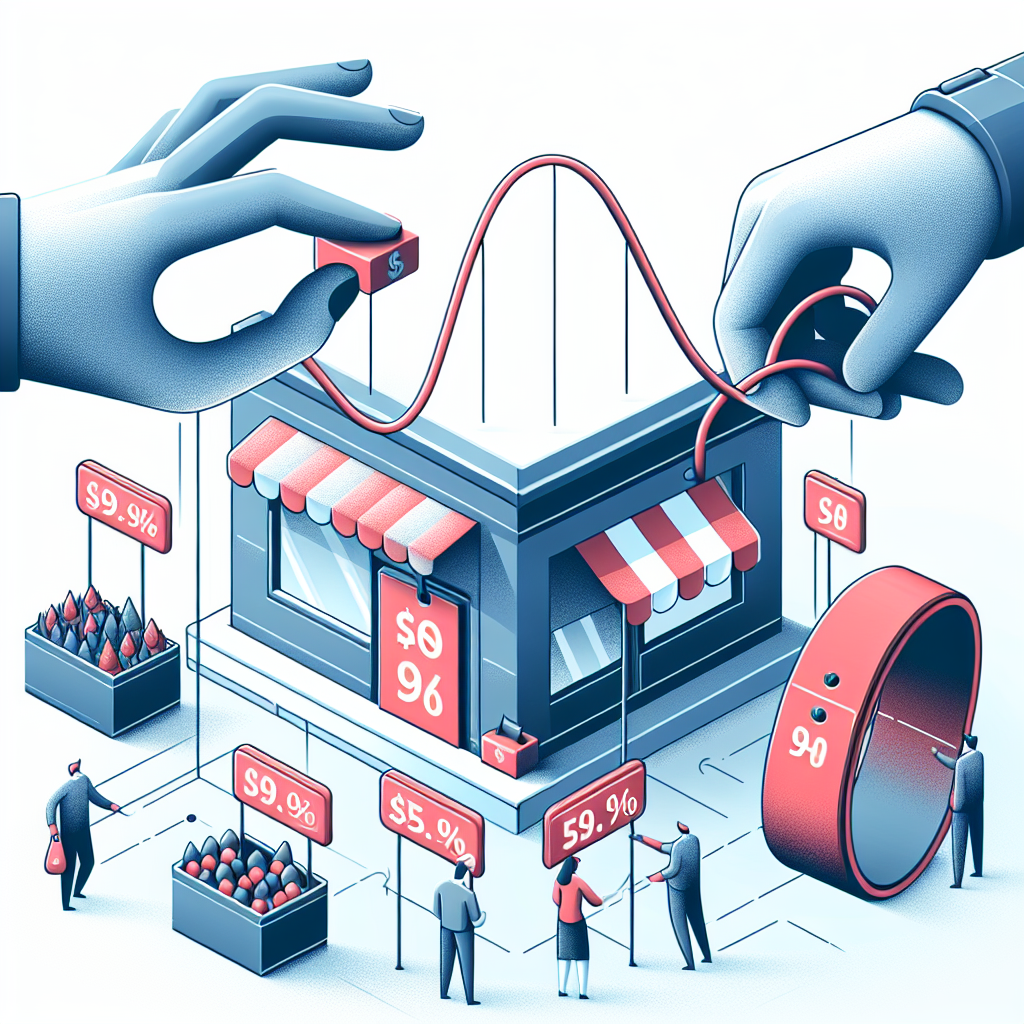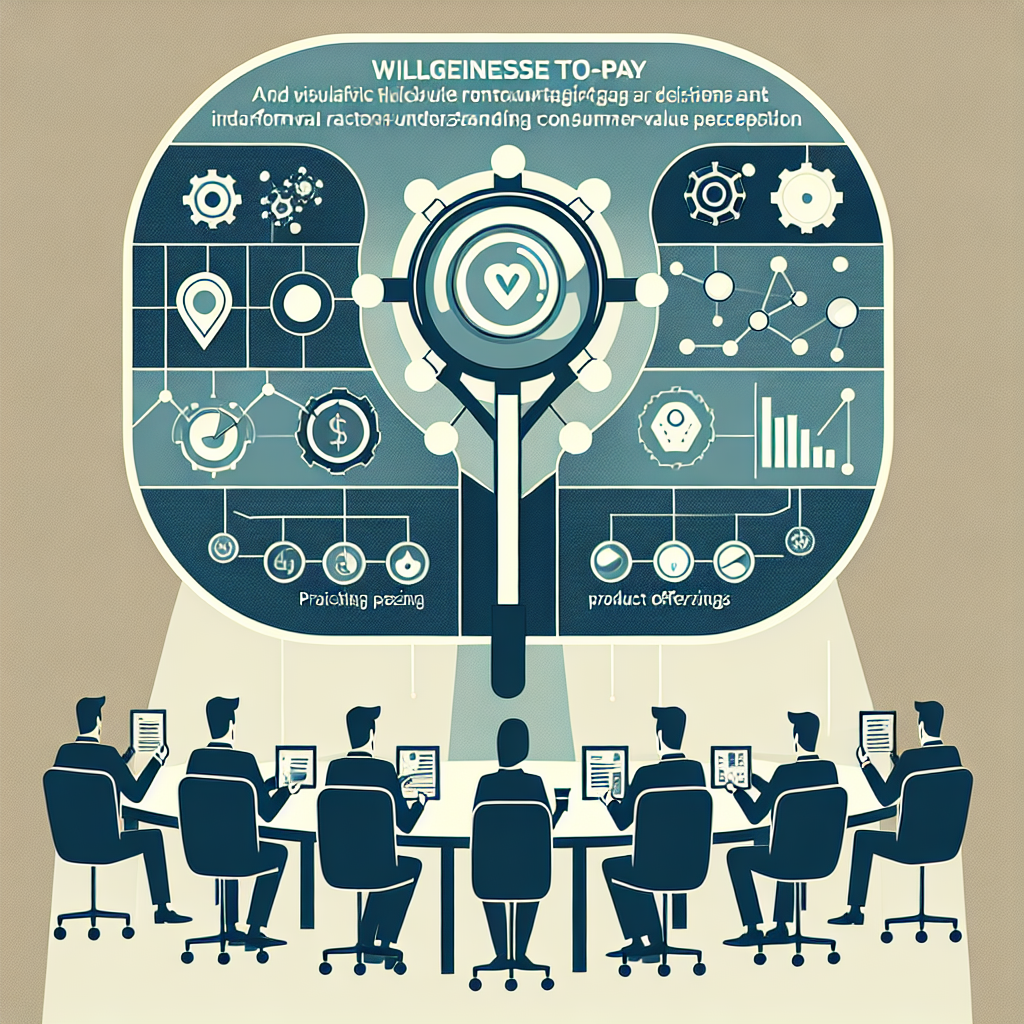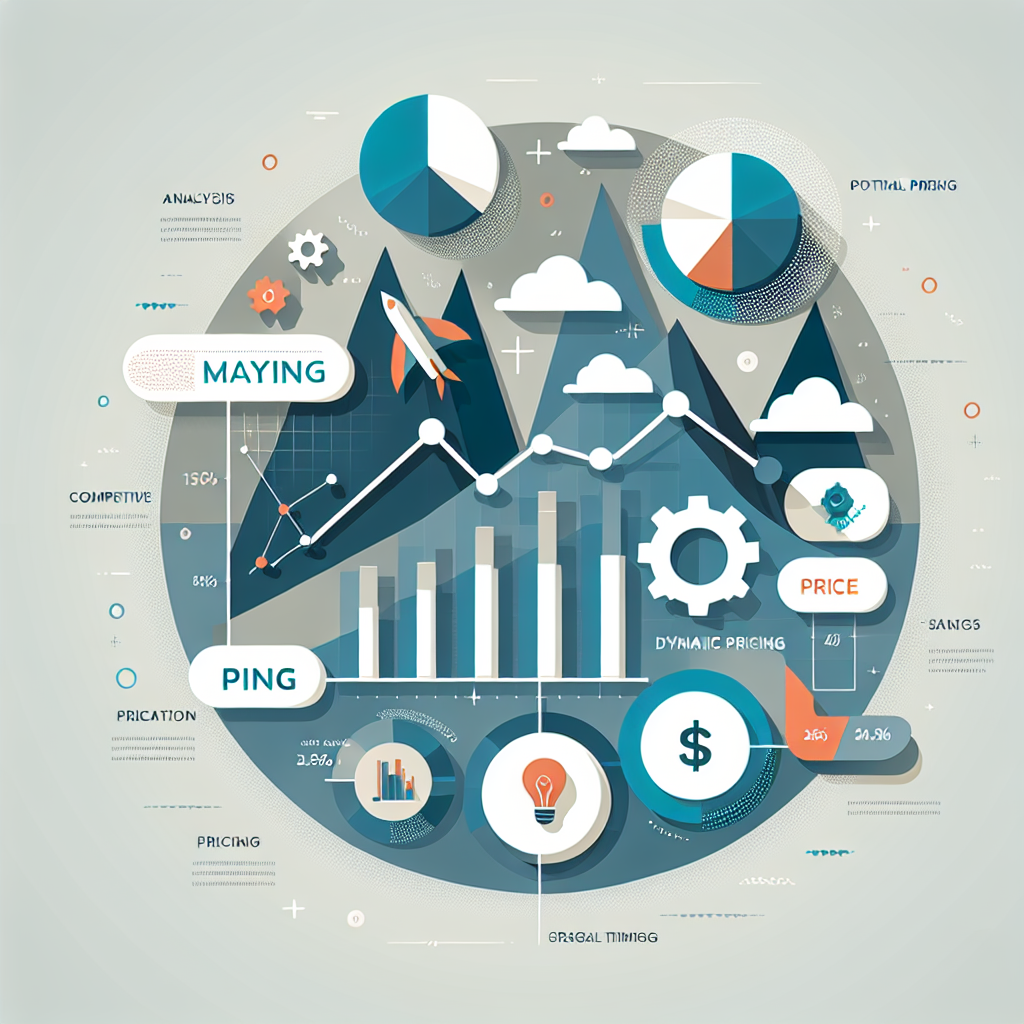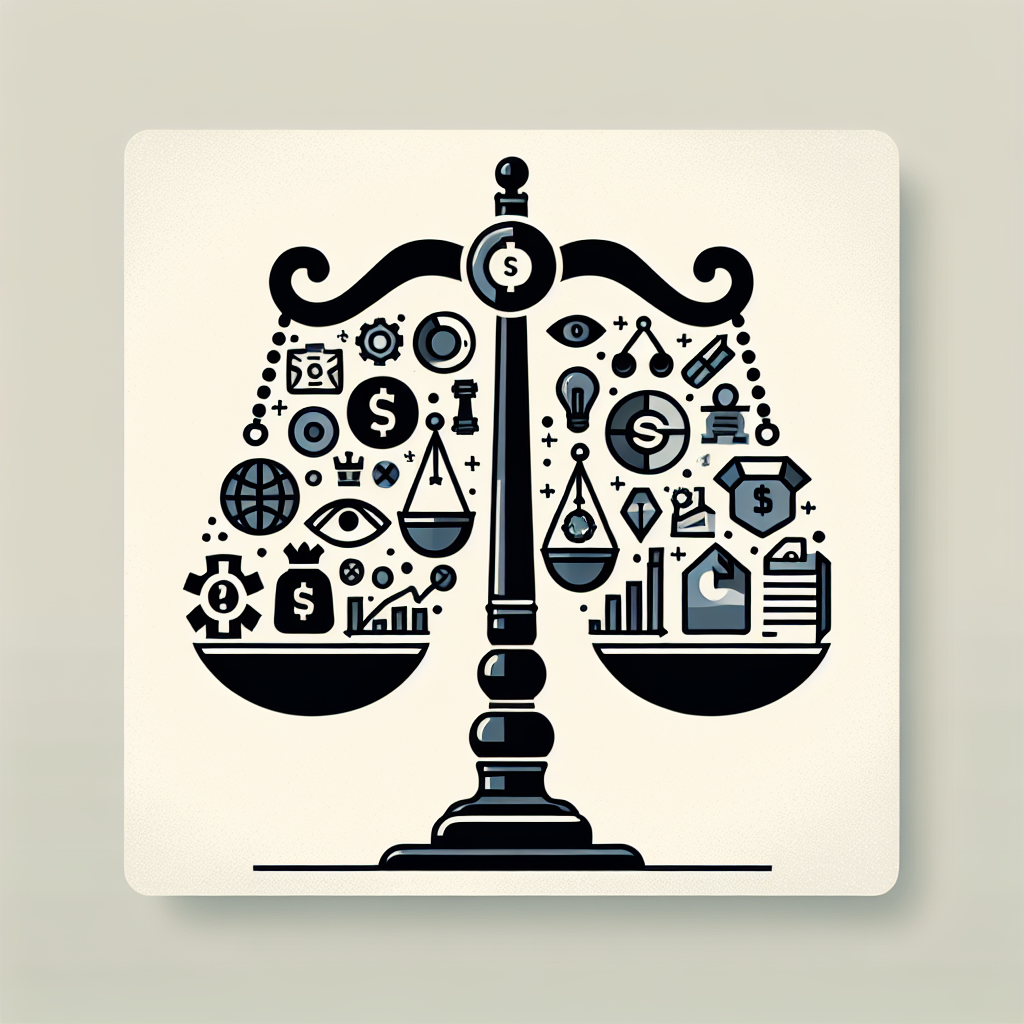The Role of Experiential Marketing in Luxury Brands
Experiential marketing has become a pivotal strategy for luxury brands seeking to create memorable and exclusive experiences that resonate with discerning consumers. By leveraging AI, e-commerce, and immersive technologies like AR and VR, luxury brands can craft personalized interactions that enhance brand loyalty and prestige. This article delves into the key trends shaping experiential marketing in the luxury sector, exploring how technological advancements and consumer behavior shifts have redefined this marketing discipline.
Introduction
In today's competitive luxury market, experiential marketing offers a unique opportunity for brands to connect with customers on a deeper level, fostering emotional connections and brand loyalty. By understanding and adapting to the latest trends in experiential marketing, luxury brands can create targeted campaigns that resonate with their audience, drive engagement, and maintain their elite status. As technology continues to evolve, AI and e-commerce will play increasingly important roles in refining these strategies.
Foundational Concepts of Experiential Marketing in Luxury
Experiential marketing in luxury involves several foundational concepts:
Immersive Experiences:
Creating interactive and memorable experiences that engage all senses, enhancing brand perception and loyalty.
Personalization and Exclusivity:
Offering tailored experiences that align with individual preferences, reinforcing the luxury brand's prestige and exclusivity.
Storytelling and Brand Narrative:
Crafting compelling narratives that communicate brand values and history, creating an emotional connection with consumers.
Trends in Experiential Marketing for Luxury Brands
AI-Driven Personalization:
AI enhances experiential marketing by providing personalized experiences based on individual preferences and behavior, increasing engagement and loyalty.
Immersive Technologies:
The use of AR and VR creates immersive experiences that bring luxury brands to life, offering unique interactions and product demonstrations.
Sustainable and Inclusive Experiences:
Luxury brands are focusing on sustainability and inclusivity, ensuring that experiences are both environmentally conscious and accessible to a broader audience.
Evolution in the Digital Era
The digital era has transformed experiential marketing by providing new channels for engagement and interaction. E-commerce platforms, social media, and AI-driven technologies enable luxury brands to refine their strategies with greater precision.
Role of AI in Luxury Experiential Marketing
Luxury brands are leveraging AI to create hyper-personalized experiences by integrating advanced technologies into their marketing and customer service strategies. Here's a comprehensive overview of how AI is transforming luxury marketing:
Hyper-Personalization and Consumer Engagement
AI enhances luxury marketing by providing hyper-personalized experiences that resonate deeply with individual preferences. Luxury brands like Gucci and Louis Vuitton use AI to analyze vast amounts of consumer data, including purchase history, browsing behavior, and social media activity, to deliver tailored recommendations and bespoke services. This deep level of customization allows luxury brands to engage with their customers more intimately, providing unique experiences that make consumers feel valued.
Generative AI for Content Creation
Luxury brands are utilizing generative AI to produce personalized content such as text, images, audio, and video in real-time, crafting highly personalized customer journeys. This capability enables luxury brands to target customers at an individual level, creating a stronger brand experience from initial marketing to post-sale interactions.
AI-Powered Chatbots and Digital Assistants
AI-powered chatbots and digital assistants are becoming essential tools in luxury retail, providing personalized assistance and enhancing customer service. These AI assistants offer styling tips, product information, and real-time support, ensuring that luxury brands are always accessible to their clients.
Immersive Experiences with AR and VR
Luxury brands like Gucci and Tiffany & Co. are leveraging AI to create immersive AR and VR experiences, such as virtual closets and jewelry try-ons, allowing customers to interact interactively with products. These innovative features provide a sense of exclusivity and personalization, fostering deeper connections between the brand and its clientele.
Predictive Analytics and Emotional Understanding
AI helps luxury brands understand consumer emotions and purchase intentions, crafting personalized responses that make customers feel valued and understood. This focus on personalization and immersion helps brands maintain their elite status and drive long-term loyalty.
Case Studies and Real-World Examples
Louis Vuitton’s LV Virtual Advisor:
Louis Vuitton uses AI to provide personalized product recommendations and customer service, enhancing the shopping experience and making each customer’s journey unique and exclusive.
Gucci’s AI-Driven Fashion Trends:
Gucci leverages AI to forecast fashion trends and design collections that align with evolving customer preferences, ensuring that its offerings resonate with its audience.
Impact of E-commerce
E-commerce platforms have transformed luxury experiential marketing by:
Digital Experiences:
E-commerce platforms enable luxury brands to create immersive digital experiences, such as virtual showrooms and personalized product recommendations.
Precise Targeting:
Advanced data analytics allow for targeted marketing efforts that resonate with specific audience segments.
Cost-Effectiveness:
Businesses can allocate budgets more efficiently by focusing on high-converting channels.
Consumer Behavior Shifts
Changes in consumer behavior, such as increased demand for personalized experiences and sustainability, require luxury brands to adapt their experiential marketing strategies to align with evolving customer values.
Additional Case Studies and Examples
Ralph Lauren’s Virtual Experience:
Ralph Lauren launched a virtual flagship store using CGI technology, offering personalized shopping experiences and interactive features that enhance brand engagement.
Adidas at Les Mills Live Riyadh:
Adidas used gamification and interactive technology to engage participants, making fitness both informative and fun, and reinforcing its brand identity.
Lincoln’s Immersive Luxury Experience:
Lincoln created fluid spaces that invited exploration, crafting a calm and immersive journey through the brand’s luxury identity.
Challenges and Considerations
Authenticity and Exclusivity:
Luxury brands must ensure that experiential marketing efforts maintain authenticity and exclusivity, aligning with the brand's prestige and values.
Consumer Behavior Shifts:
Changes in consumer behavior require luxury brands to adapt their strategies to align with evolving customer values and preferences.
Conclusion
Experiential marketing plays a transformative role in the luxury sector by creating memorable and exclusive experiences that enhance brand loyalty and prestige. As technology continues to evolve, AI and e-commerce will play increasingly important roles in refining these strategies. By leveraging these advancements, luxury brands can develop targeted marketing campaigns that resonate with their audience, drive engagement, and maintain their elite status. The future of luxury experiential marketing will be characterized by increased focus on personalization, sustainability, and inclusivity, ensuring that marketing efforts remain both effective and responsible.
Featured Blogs
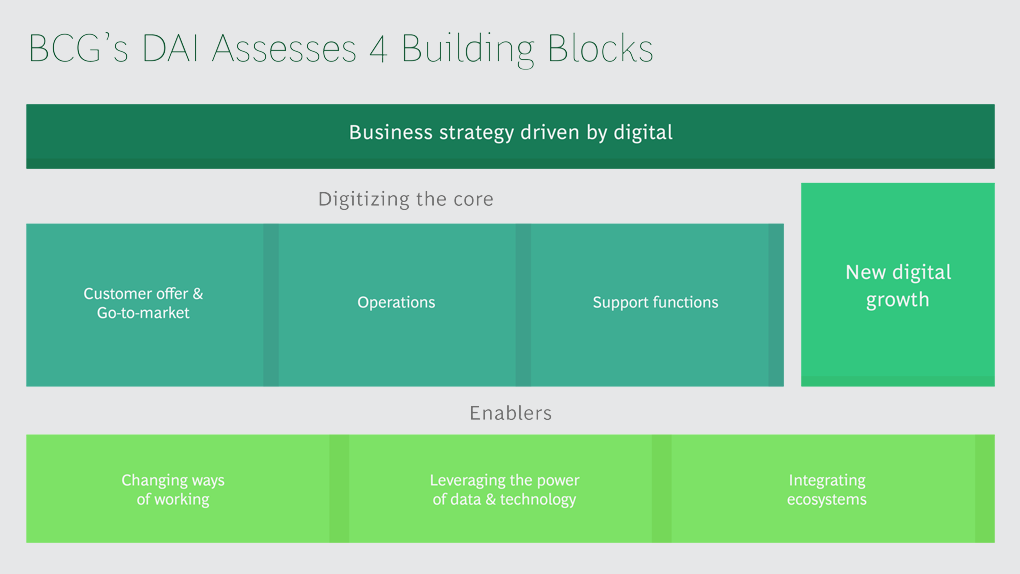
BCG Digital Acceleration Index
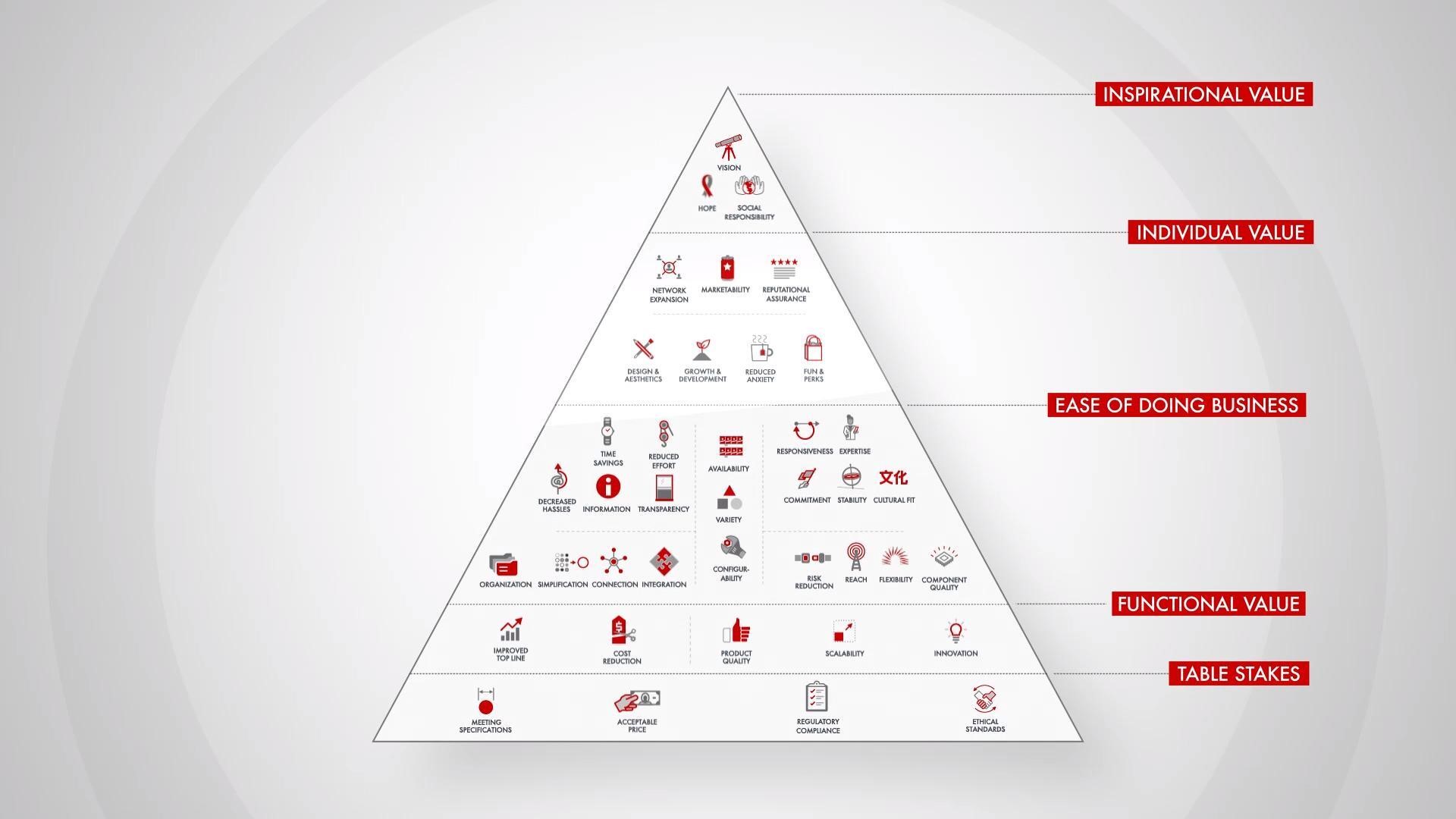
Bain’s Elements of Value Framework
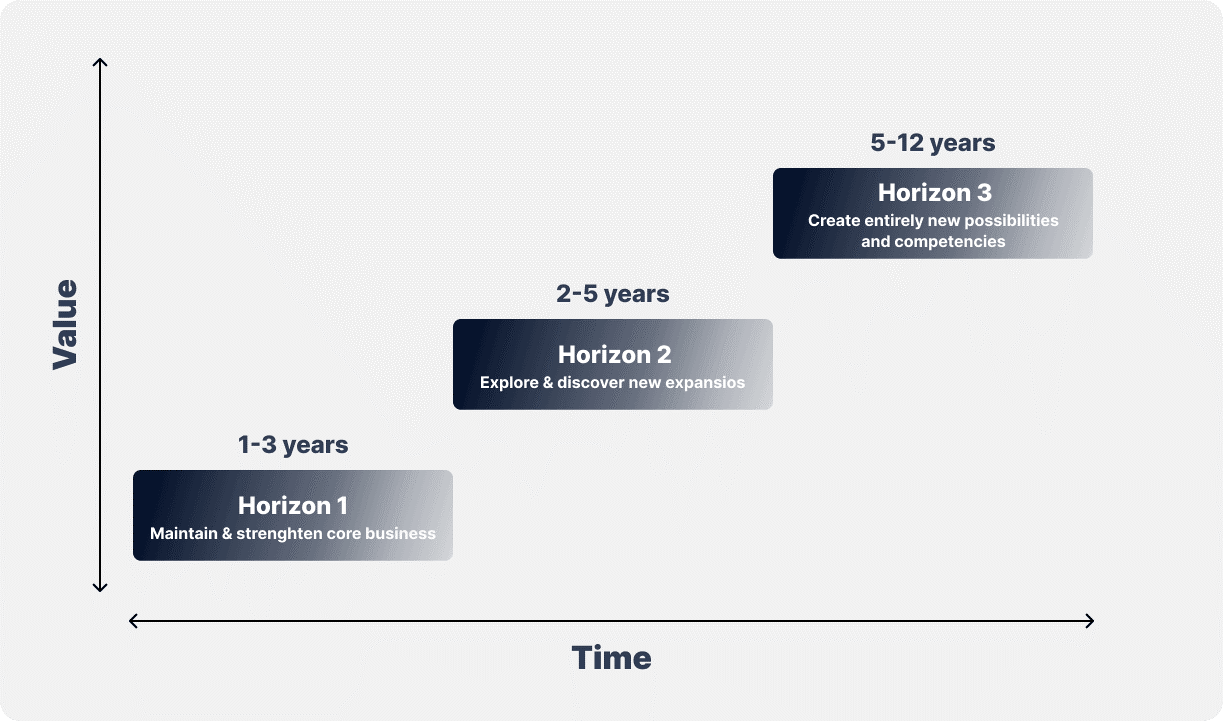
McKinsey Growth Pyramid
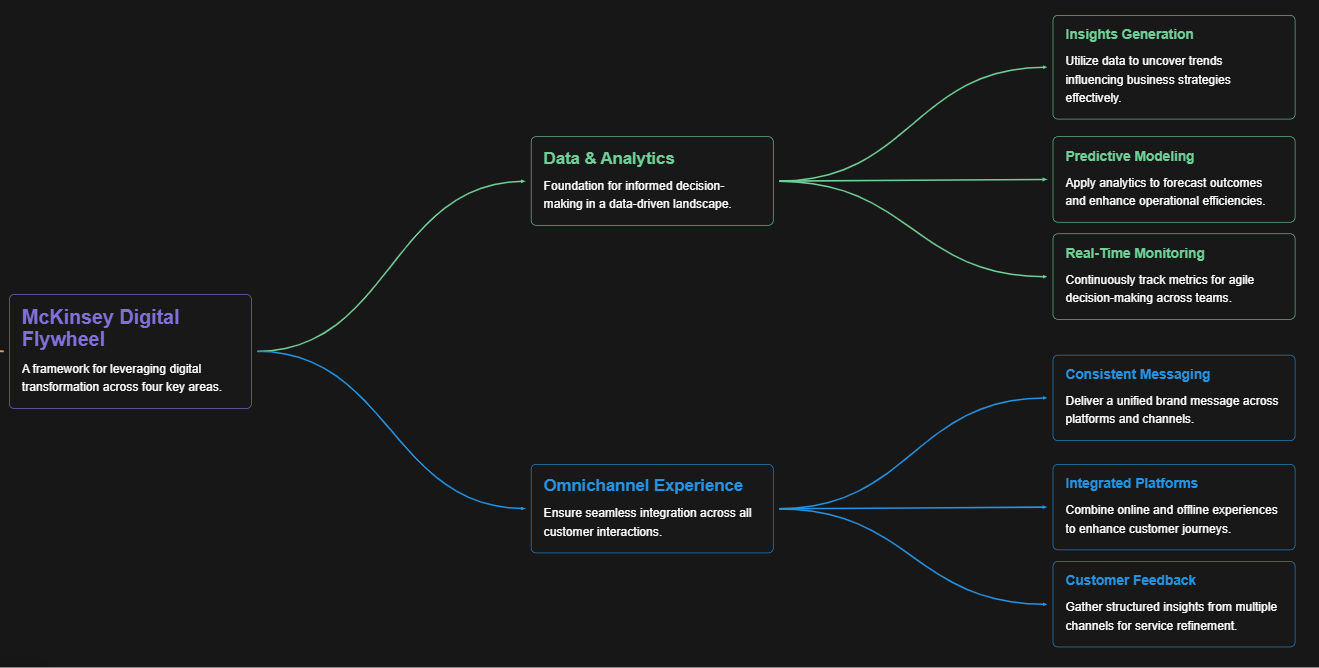
McKinsey Digital Flywheel
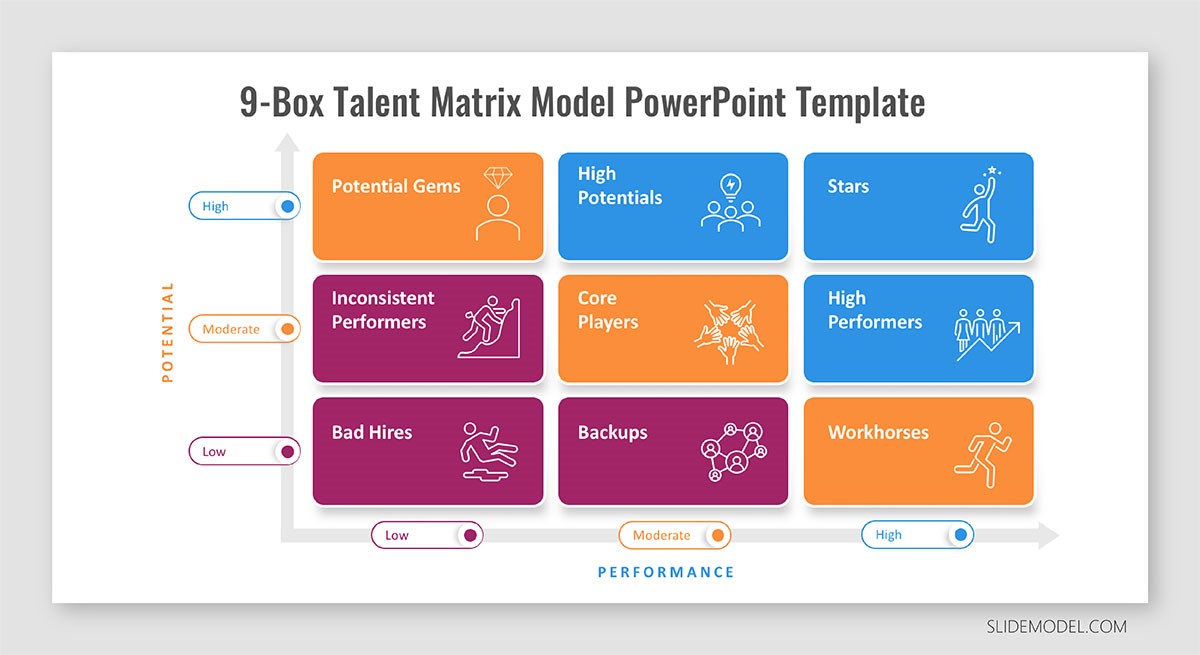
McKinsey 9-Box Talent Matrix
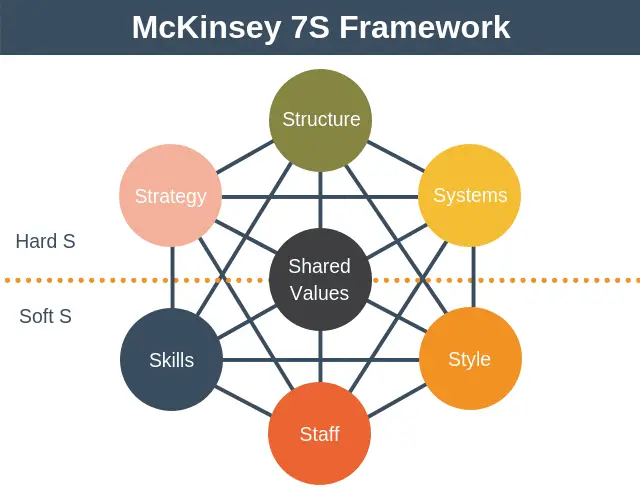
McKinsey 7S Framework
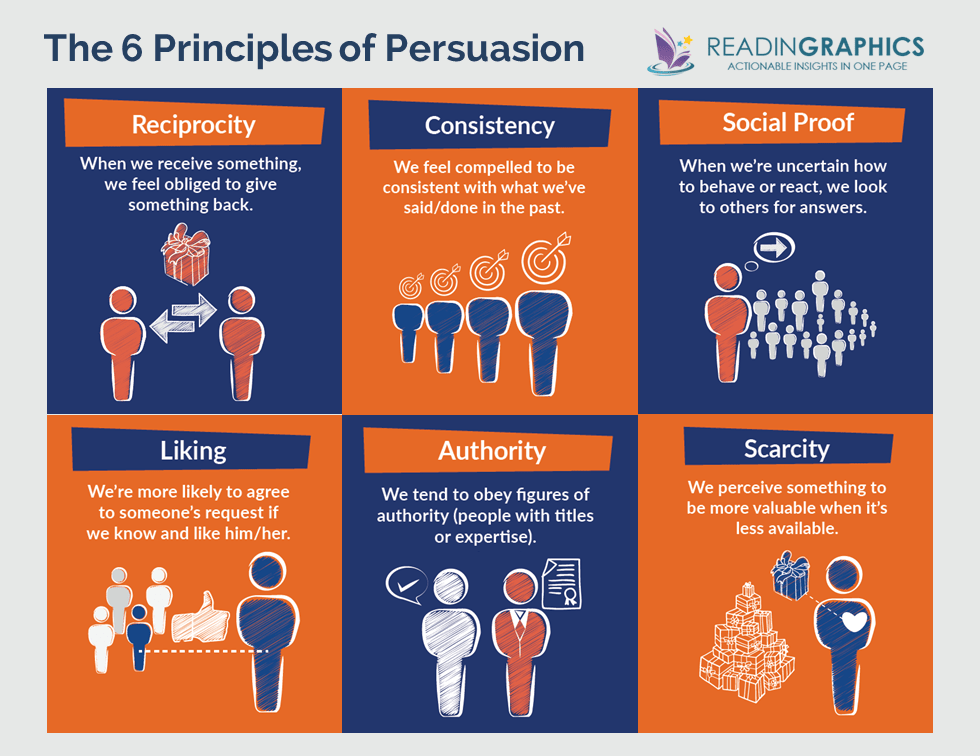
The Psychology of Persuasion in Marketing
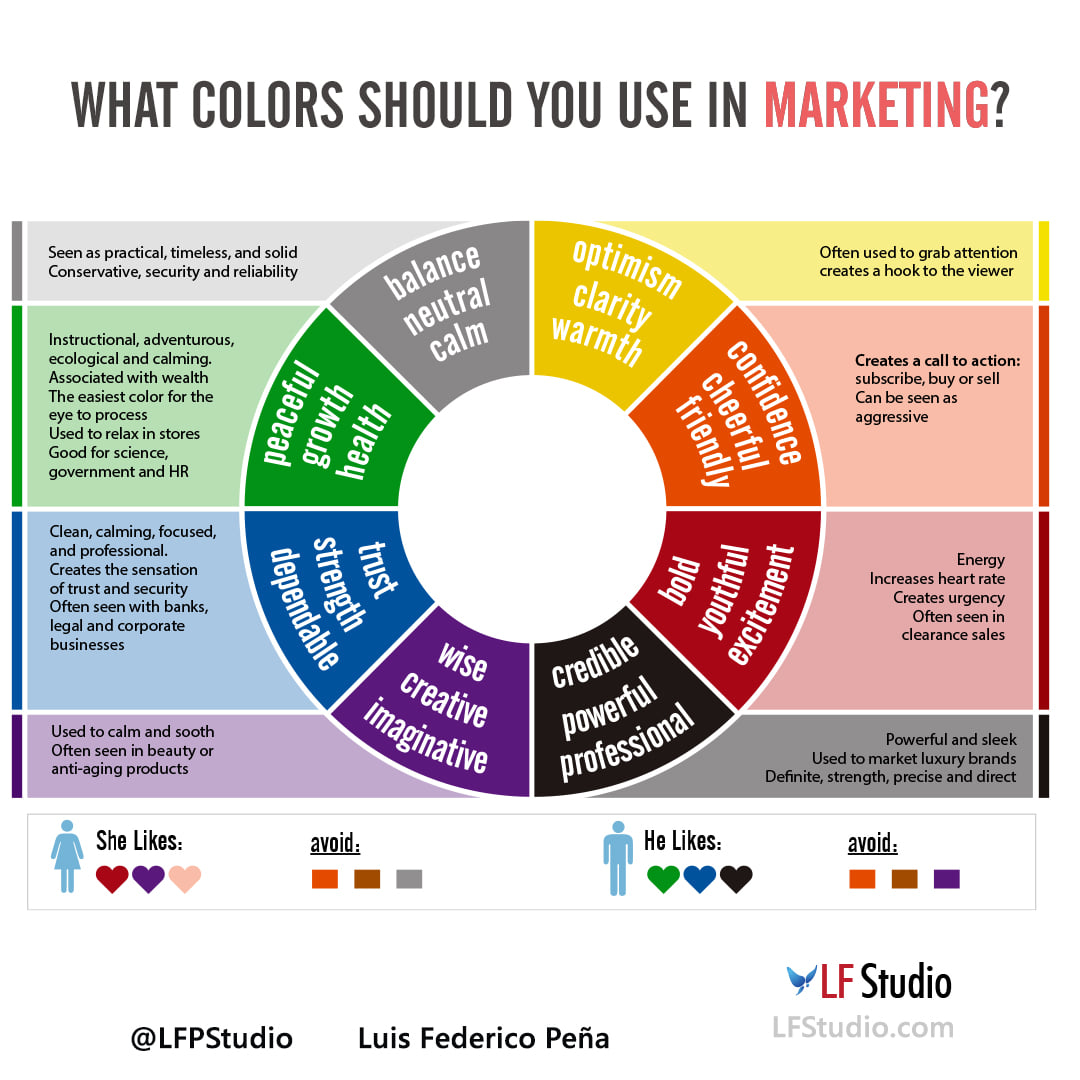
The Influence of Colors on Branding and Marketing Psychology



